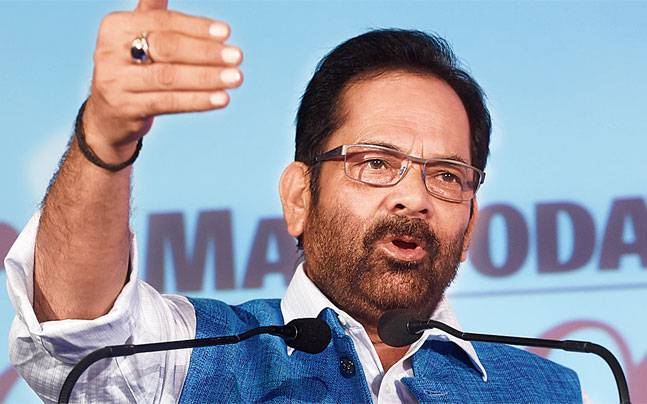In the aftermath of the Pulwama attack, a dastardly terrorist attack that claimed the lives of 44 of our brave Jawans, several steps against Pakistan are being taken by our government. These are measures which have been under consideration for a long time but were being contemplated in great detail out of concern for their impact on the people involved. The measures include the reevaluation of the brainchild of the Nehru family, the special status of the state of Jammu and Kashmir as under articles 35A and 370 of the constitution.
The Supreme Court is scheduled to hear petitions challenging Article 35A between February 19 and the 21st of this month. The case will be heard by three judges: Chief Justice Ranhan Gogoi and Justices Nageswara Rao and Sanjeev Khanna. The court has cautioned advocates to not seek adjournment in matters listed before the bench.
During the time of the enactment of the constitution, article 370 was incorporated in the draft on the recommendation of Jawaharlal Nehru, the then Prime Minister of India. The provision stated:
- The power of the parliament to make laws for the state of J&K will be limited to those matters as specified in the Instrument of Accession, a document executed by Maharaja Hari Singh at the time of independence governing the accession to India. Moreover, any law regardless of the nature of the governing list will be only made in consultation with the government of the state.
- The application of the provisions of the constitution and orders will also be limited to those matters as specified in the Instrument of Accession.
- The president may modify an existing provision in the Constitution for application to the said state after consultation with the Government of the State.
- The president may declare this article shall cease to be operative or introduce exceptions and modifications in the provision after recommendation from the Constituent Assembly.
It is pertinent to note herein that the title of this section was, “Temporary provisions with respect to the State of Jammu and Kashmir” thus making it clear that this provision was only meant to be adopted on a temporary basis for a smooth accession of the state. It was meant to guide over the troubled waters on an interim basis.
Using the wide amendment power that the president had with regards to the state, Article 35A was introduced in the year 1954, during the 3rd amendment of the constitution. This article was enacted bypassing the parliamentary amendment procedure given in Article 368.
The provision sought to legalize a limit to people who shall be the permanent residents of the state and conferring it with special rights, excluding others regarding the employment under the state government, acquisition of immovable property, settlement and right to scholarships and such other forms of aid provided by the state government.
Thus, as is clearly visible, the government of J&K was given wide powers where the parliamentary functions are concerned. These provisions are also giving rise to discrimination among the people in the country and thus violating the fundamental rights given in Articles 14, 15 and 16 of the constitution. The question that arises is, if this provision was enacted on a temporary basis, why is it still in existence after almost 70 years. This is because of a niche statement in the provision which states “this article can be declared inoperative only after the recommendation of the constituent assembly of J&K”. This constituent assembly came in existence in the year 1951 and was dissolved in the year 1957 when the constitution of Jammu and Kashmir came to be adopted. Unfortunately, the assembly dissolved itself without recommending the dissolution of the article and thus the provision became a permanent entity in the constitution, something which was not the intention of the drafting committee.
This has led to mass petitioning, including that of the Delhi based NGO, “We the People” challenging the constitutionality of the articles and demanding to scrap them. Though the court observes that the President may modify an existing provision in the constitution under Article 370, the said provision is silent as to whether the President can, without the Parliament’s knowledge, introduce a new article, the question remains open.
The terror attack in Kashmir shows the dire need for nationalism in the state of Jammu and Kashmir. The people need to feel like they are part of the country and what better way to facilitate that than by incorporating the state completely within the Indian Territory, eliminating all differential treatment by and eliminating Article 35A and 370.
